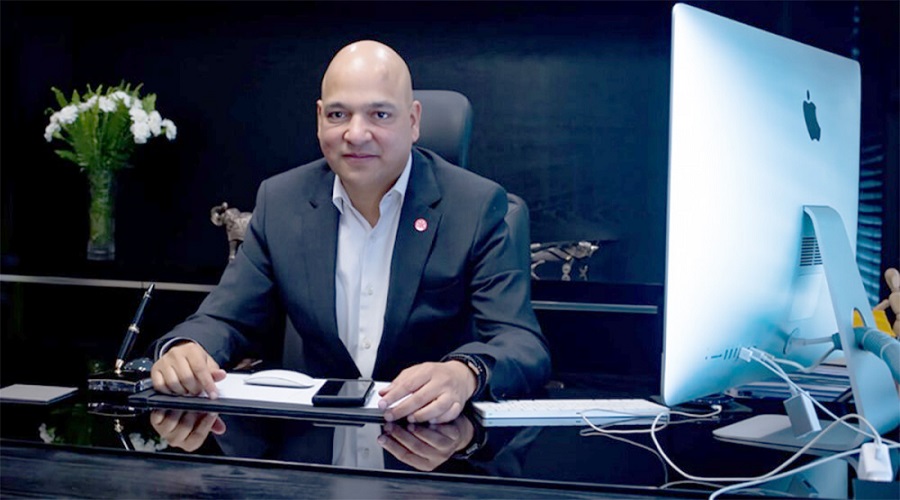KATHMANDU: Shekhar Golchha, president of the Federation of Nepalese Chambers of Commerce and Industry (FNCCI), said that the upcoming monetary policy is expected to address the challenges of the economy.
Speaking at a program organized in Kathmandu, Golchha said that he is hopeful that the monetary policy of the Nepal Rastra Bank for the fiscal year 2022-23 will cover the problems of large, small and medium enterprises as well as the general public. He said that there is a challenge in the economy now and there is a lot of expectation from the monetary policy of the coming fiscal year that the economy will improve.
Golchha further said that even the people who have opened 5 million shares dmat account are hoping for monetary policy. He also said that the lack of liquidity that the industrialists have not experienced in their lives has been experienced in a very deep and complex manner this year. Golchha warned that the market could go into recession if the liquidity problem is not resolved immediately.
“Market price has reached 18 percent in the wholesale market despite talking about 8 percent. Small investors who have opened 5 million demat accounts and large investments of the general public have sunk in the stock market,” said, Golchha, adding, hoping that the monetary policy would provide relief as the situation of the stock investors was uneasy. He said the failure of the stock market, the backbone of the economy, to move was a challenge for the economy.
Even the interest rate of the bank’s treasury bills has gone up to 10 percent and the interbank interest rate has also gone up to 5 percent, Golchha claimed that there was no sign of improvement in the liquidity problem in the market as the CD ratio of the bank has been increasing for more than eight months. He said there was no magic wand to solve the liquidity problem at once.
“Private sector was frustrated due to lack of liquidity in the market and high bank interest rates since the beginning of the current fiscal year. Private sector expressed concern that the government has not reduced imports even though the list of items prohibiting imports is long.”
He said that the monetary policy of the coming fiscal year needs to be brought by the NRB considering the overall industry, business and the state of the economy. He suggested revising the CDI ratio implemented in the bank in the forthcoming monetary policy.

